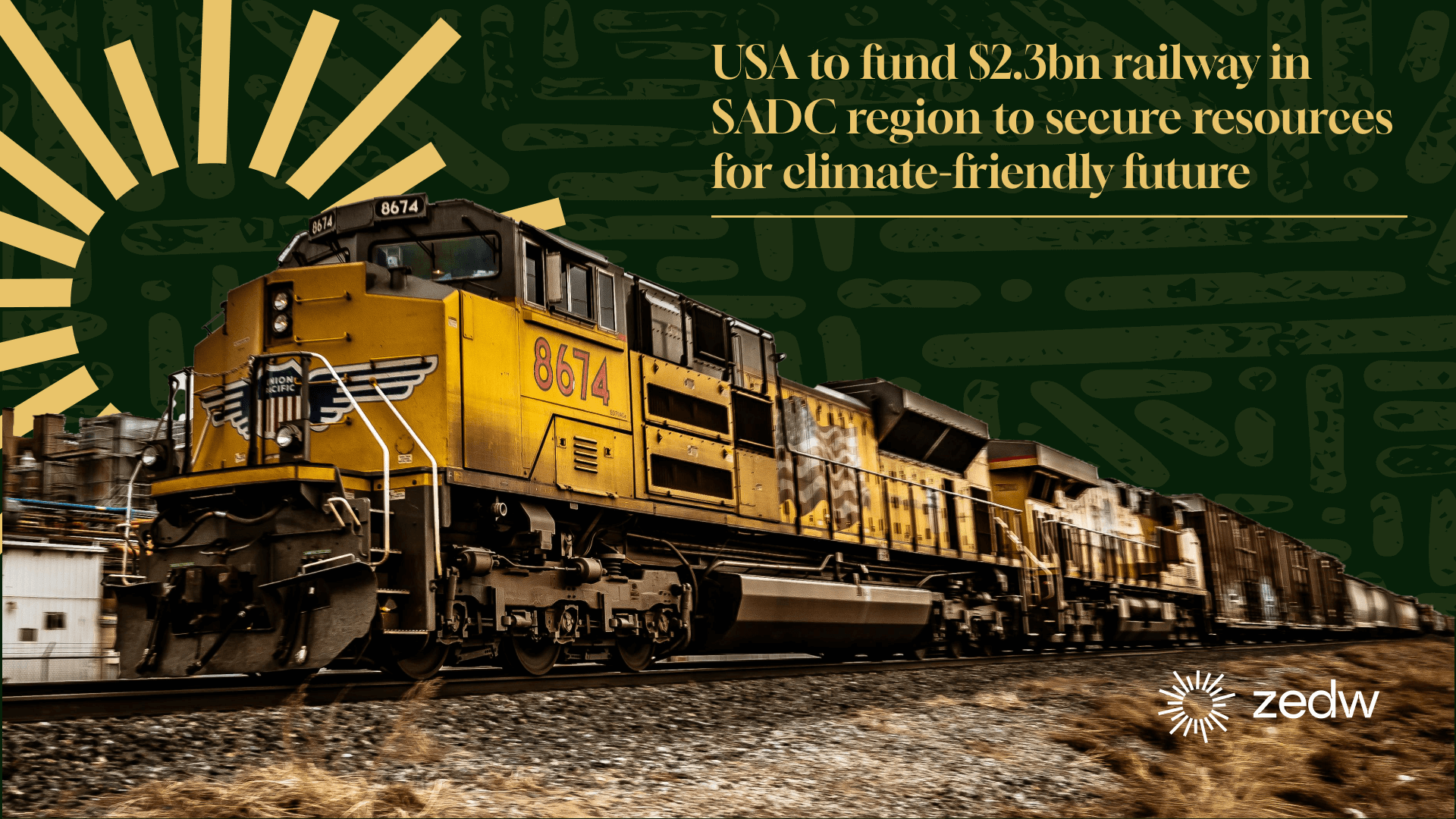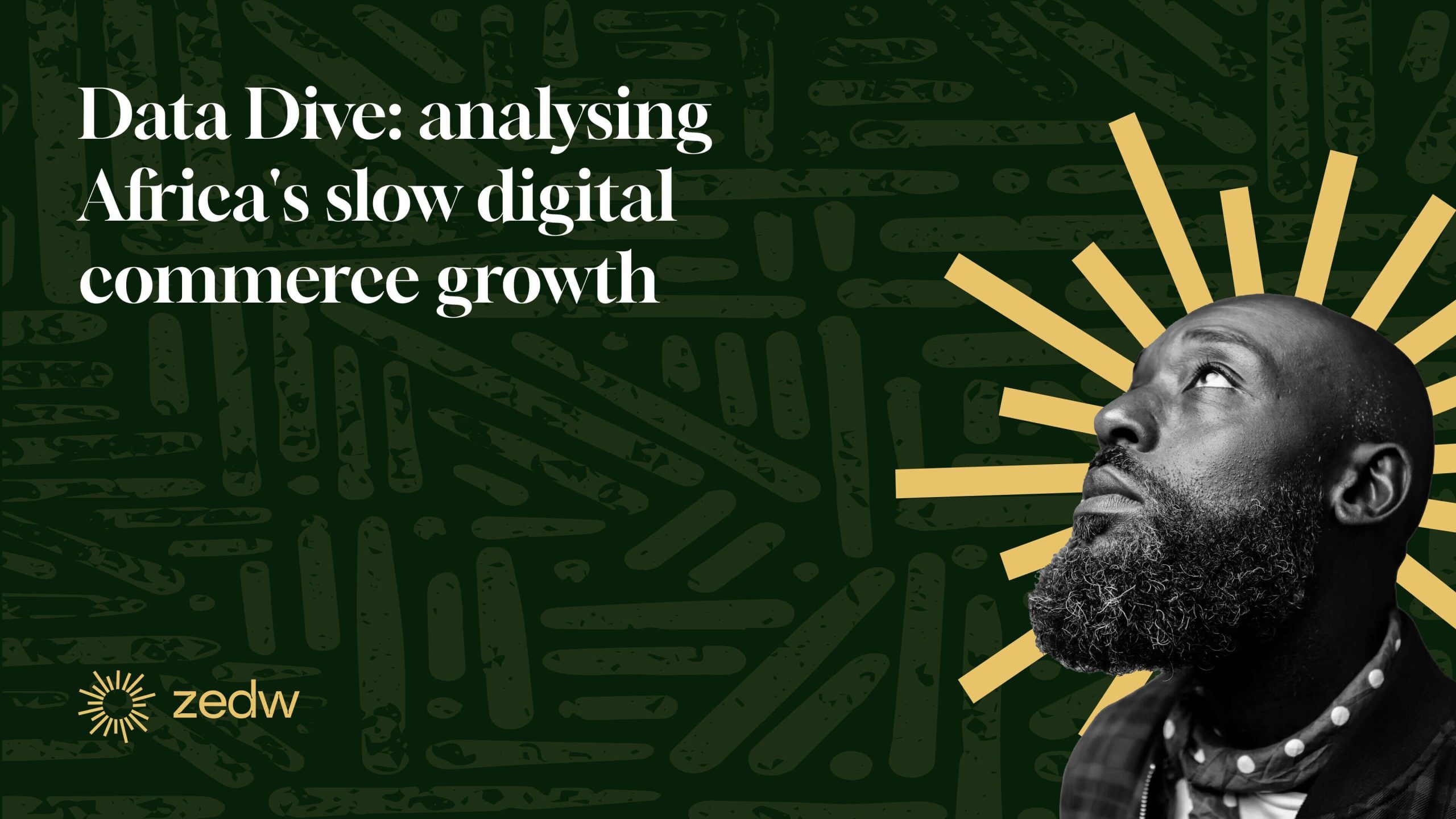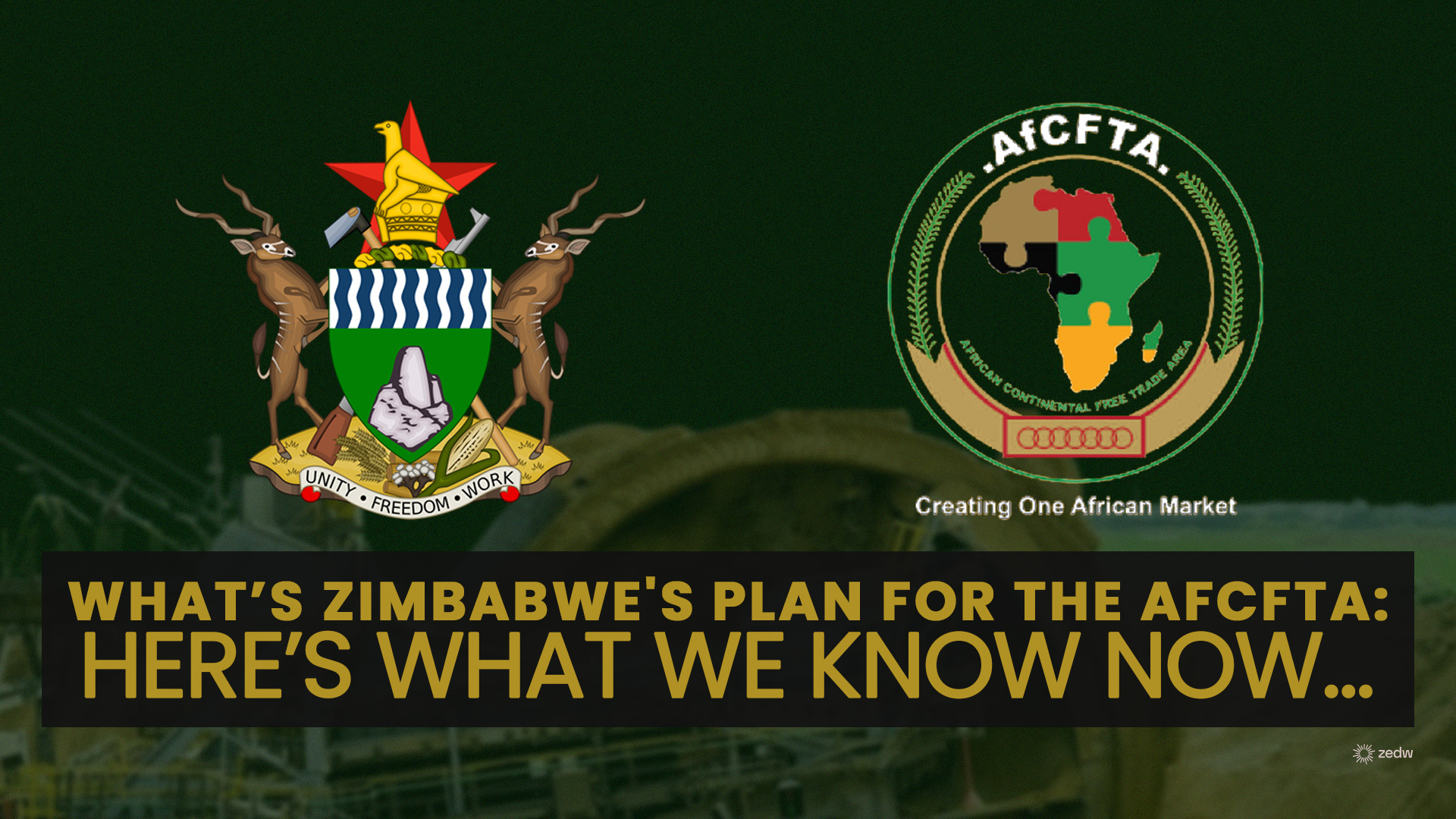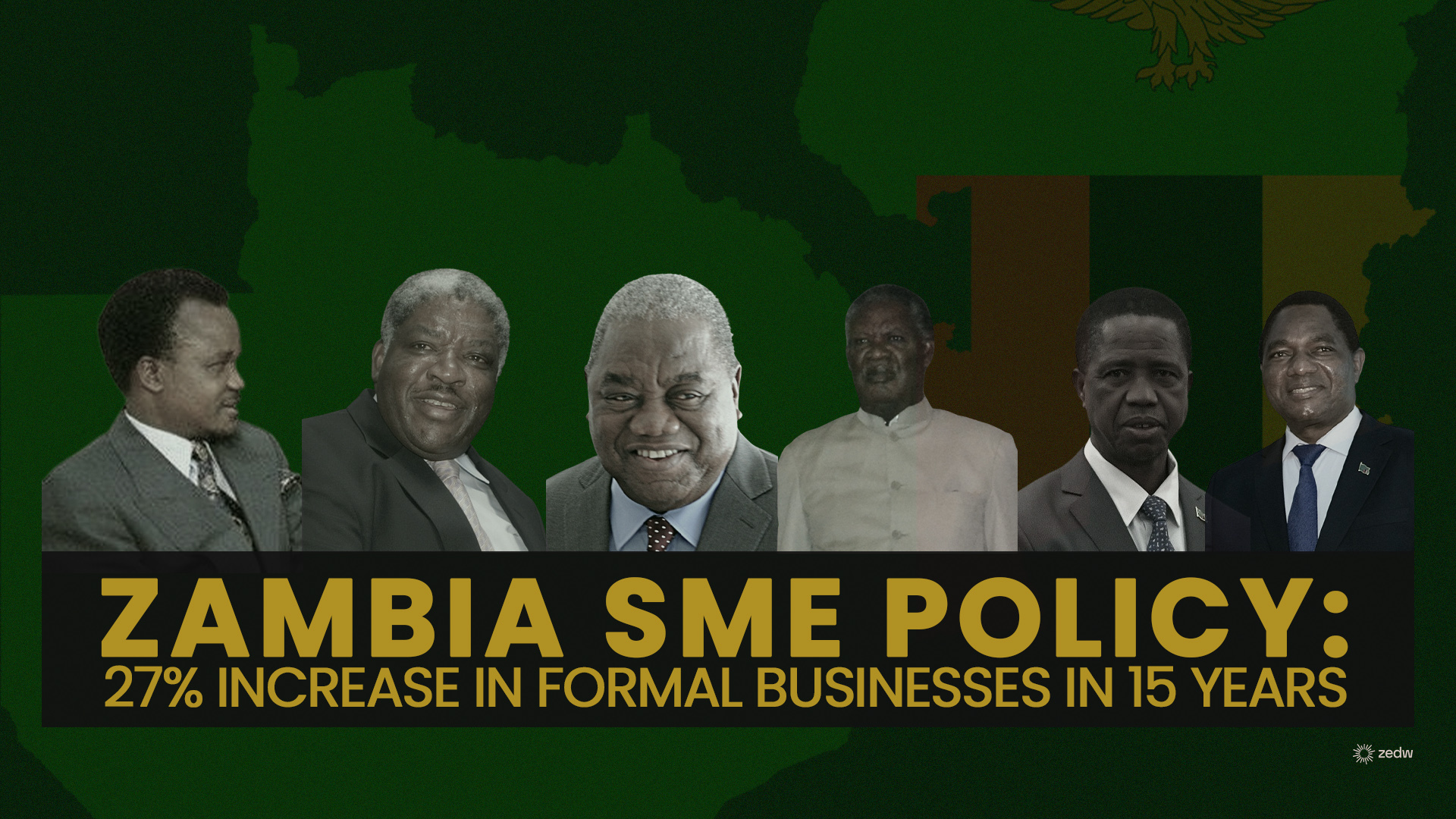The United States recently signed an MOU with the African Development Bank (AfDB) and Trafigura to build out the Lobito Railway Corridor – a US$2.3bn railway line that will span 2600 KM and connect 3 countries within the SADC region i.e Angola, DRC and Zambia. Construction on the railway line is expected to begin in 2026 following an ongoing feasibility study…
The project has been noted in its significance as the USA has largely ignored partnering with African countries in infrastructure development deals. This stance has largely left African countries looking for financing to build out infrastructure to work with China who have been willing to finance projects in Africa through the Belt and Road Initiative (BRI). The BRI has seen China pour billions into Africa, financing projects such as the Addis Ababa-Djibouti Railway ($1.3bn), and the Karuma power station ($1.4bn) projects in Ethiopia and Uganda, respectively.
Why is the USA changing its tune on infrastructure projects in Africa?
Following the announcement of the Lobito Railway Corridor project, US dignitaries are signalling that the Western nation’s attitude towards Africa is fast-changing. Why the sudden change of heart on Africa you may be asking? Well, the minerals in Africa are key to the current shift to green energy that developed countries are fighting towards. Joe Biden’s senior adviser for energy and investment Amos Hochstein made it clear in no uncertain terms that this was the big motivator;
“There is no time to waste, we have been absent from the scene for far too long. An electric vehicle is essentially a battery, and what’s in the battery is Africa and so there’s a great opportunity here for Africa to be part of a 21st century clean energy future.”
Joe Biden’s senior adviser – Amos Hochstein
DRC and Zambia hold vast reserves of copper and cobalt, minerals essential for the clean energy technologies needed to combat climate change. DRC has an estimated 3.5mn metric tonnes of cobalt (70% of the worlds reserves) – a mineral used in electric vehicle batteries, solar panels and wind turbines. It’s becoming increasingly clear that the mineral is only going to grow in importance as countries race to meet their climate goals. In regards to copper, they hold about 9% of the worlds reserves but the US’s International Trade Administration (ITA) claims that the Southern African country “boasts some of the highest quality copper reserves globally, with some of the mines estimated to contain grades above 3 percent, significantly higher than the global average of 0.6 – 0.8 percent.”
In turn, Zambia is described as possessing “one of the world’s highest-grade deposits of copper and is ranked the seventh largest copper producer in the world” on the ITA website. Lastly, Angola has an economy largely driven by oil and in May of 2023, it surpassed Nigeria in oil production making it the largest oil producer in sub-Saharan Africa. The oil wasn’t explicitly dwelled on when the parties announced the Lobito Corridor Project but it will be one of the exports leaving Africa to go west.
So this partly explains why the US would have interest in these particular countries and invest in a railway line but it’s not the entire picture. The railway line is also expected to shorten delivery times of minerals with Bloomberg reporting that a pilot shipment of copper exports sent out from DRC in December took eight days – “less than a third of the time it would have taken to reach the traditional port in use in Durban, South Africa.
What is the AfDB saying about this?
Most coverage I’ve come across regarding this hasn’t dwelled much on the African Development Bank’s view despite the fact that they are contributing $500 million to the project. Solomon Quaynor, Vice President for Private Sector, Infrastructure and Industrialization signed on for the bank and signalled that the deal will have an impact beyond the three countries involved in the agreement;
“The Lobito Corridor Project is a very strategic corridor that will facilitate regional integration and grow trade across the three countries and beyond. It will attract investments in digital access, clean energy supply chains, and agricultural value chains that will increase regional competitiveness and trade within the context of the African Continental Free Trade Area (AfCFTA). The Bank is ready and glad to be working with the three countries and other partners (PGII, EU, AFC) to accelerate its delivery.”
Solomon Quaynor – AfDB Vice President for Private Sector, Infrastructure and Industrialization
At a time when people are questioning whether China’s spending in Africa will hold, this entry by the USA threatens to see their battle with China manifest on the continent in a way that up until recently, was both unheard of and unexpected…








